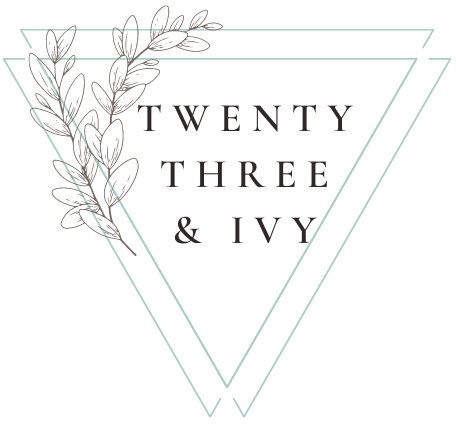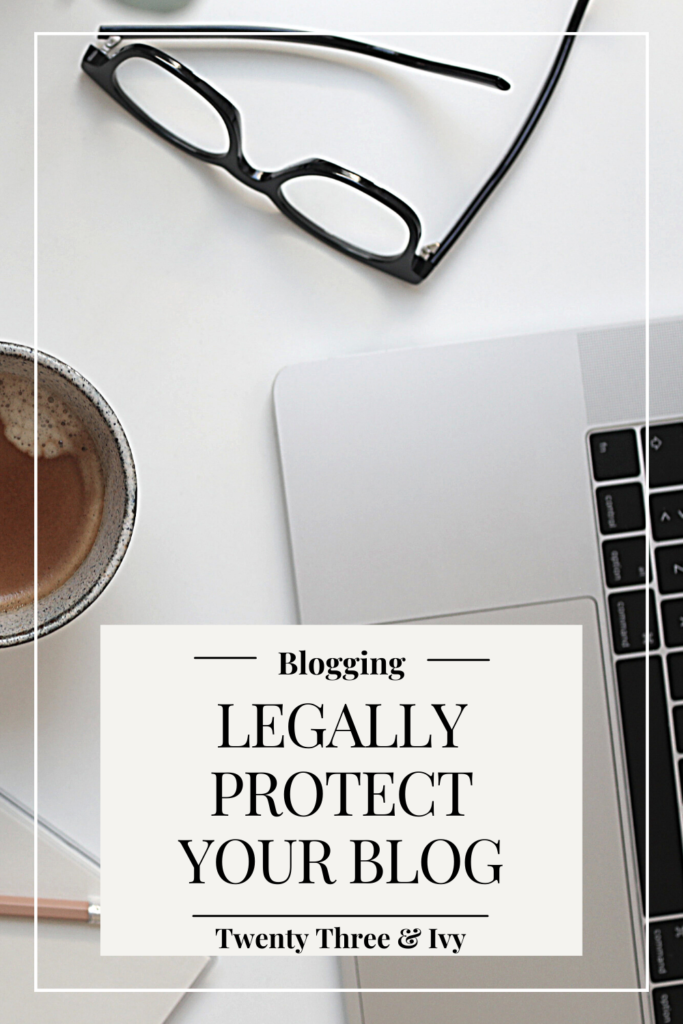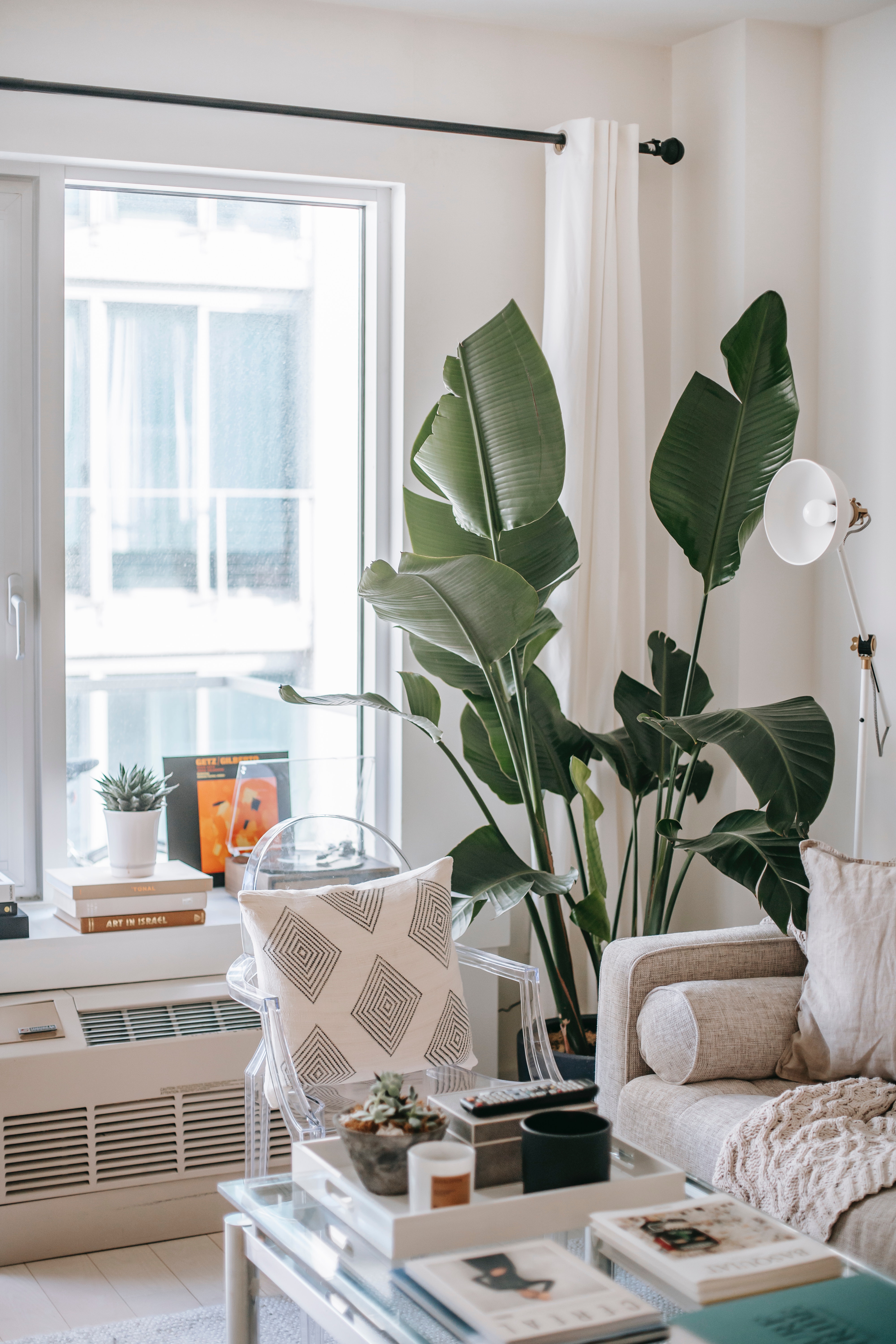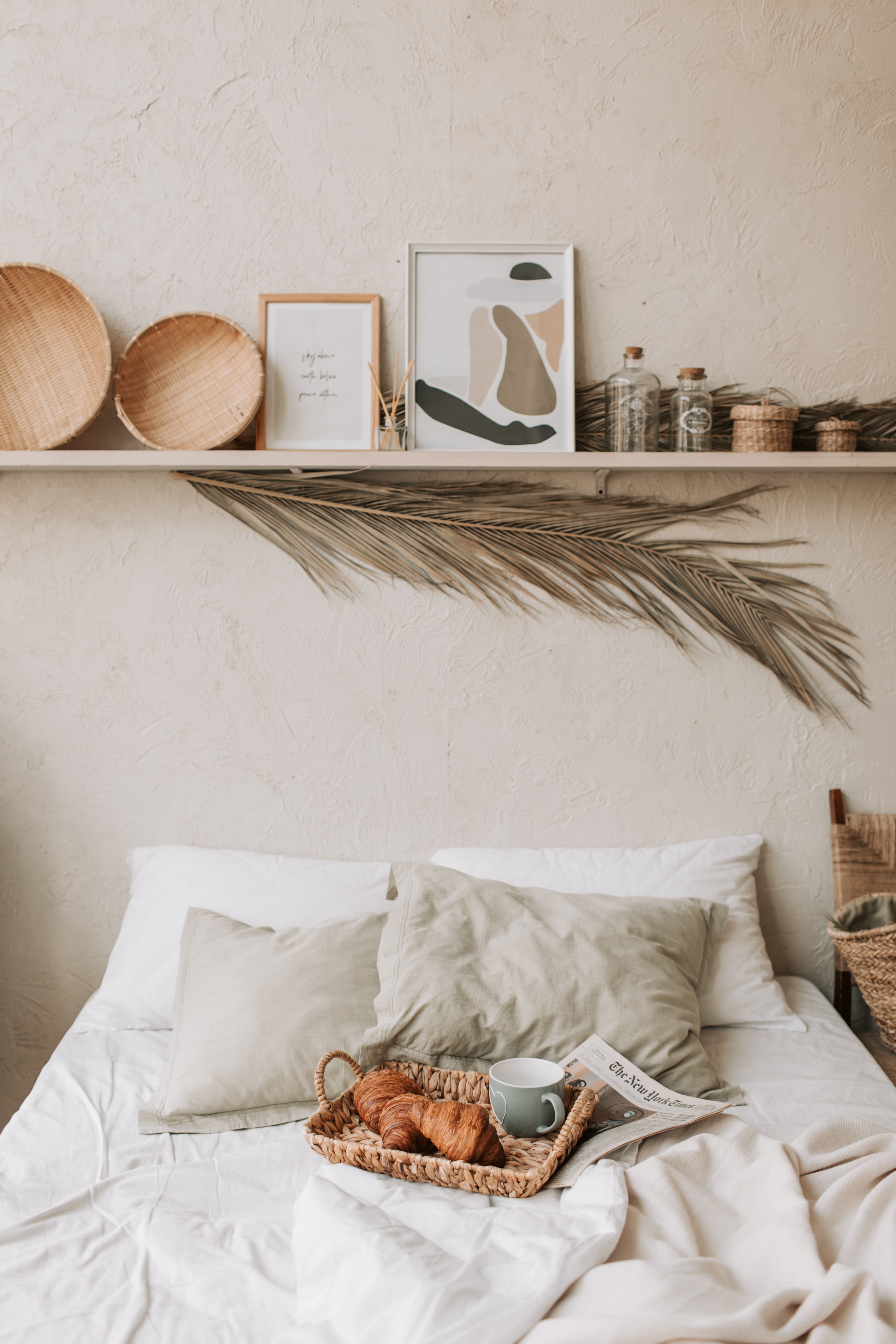Legally Protect Your Blog
From The Beginning
Posted By: Twenty Three & Ivy
-This post may contain affiliate links in which I would receive a small commission if you purchase through a link, at no cost to you-
Disclaimer: As this post is not written by a lawyer, this article is to give advice on your blogging journey only.
Before I started this blog I thought ‘blogs’ were just a hobby for people to put their writing online.
Then I realized that everything I was reading on Pinterest was a blog… oops. Yeah, I really started from ground zero.
Imagine my surprise when I found out that people were actually earning money blogging!
So that’s where I began my blogging journey. By reading other’s blogs and learning things along the way.
I kept seeing bloggers mention how important it was to have your website legally protected which never ever crossed my mind when I decided to start my own blog.
That’s when I dove into research to make sure I was starting a blog protected from the start.
Why Does A Website Need Legal Protection?
Hopefully your new blog or website takes off and you gain plenty of traffic and readers.
That’s the dream we all want. However, that can leave you open to potential lawsuits or fines.
Just because we have the right to freedom of speech does not mean that others can’t take action against us even if our intentions are pure.
How To Protect Your Website
The best way to protect your blog is with these three important pages:
- Privacy Page
- Disclaimer
- Terms & Conditions
These probably sound familiar since these are the pages I’m sure we all scroll past and just click accept when we sign up for something new, agree to something etc. These are the pieces of the very commonly ignored fine print.
Just because we’re not all lawyers and don’t read the fine print, does not mean that these are unimportant.
Let’s dive into what each one of these means.
Privacy Page
A Privacy Page is a legal page that clearly tells your reader what personal information your site collects, uses, and most importantly how it will protect this information.
Personal information that might be collected, to name a few, can be;
- names
- emails
- birthdays
- location
Readers might not mind giving your specific blog their name and email, but that doesn’t mean they want that information readily available to everyone else.
This is where you can explain why that information is being collected, and how it will be protected going forward.
An important note is that even if you’re not directly asking for personal information from your readers, it may still be collected based on the applications your site uses.
For example, if you run an analytic plugin for your blog such as MonsterInsights or Google Analytics, that information may be collected behind the scenes.
Disclaimer
A Disclaimer page is necessary to protect your blog and all of its content.
It states that any information should not be taken as anything more than your opinion or experience. Readers should not expect the same results or rely on the information.
A basic example is, if you have a food blog, you’re writing recipes for your readers for their enjoyment. But that does not mean your recipes should be used by everyone. Certain health issues etc might make your recipes unfit for some readers.
That responsibility lies on your reader to decide whether they take your information, that responsibility does not lie with you.
This is what your disclaimer needs to explain.
Your disclaimer should also cover how others are allowed to use your information, and acknowledge that any external links you use to other websites do not make you responsible for their content.
Terms & Conditions
Your Terms & Conditions page is where you explain the rules your readers must adhere to when using your website.
You should include your own intellectual property clause stating that all content, photos, logos, etc belong to you and should not be used elsewhere.
You have the right to restrict usage if terms and conditions are not followed.
For example, if you allow comments on your page, you can state that any aggressive comments or spamming of links are not allowed. Therefore if a user does so, they can be banned from visiting the website again.
Setting Up Legal Pages
You can include all three of these pages on one page of your website for your readers to reference.
You only have to create these pages once, but if you make a change in your website you’ll want to make sure these pages are up to date.
It is very important that you don’t just copy someone else’s legal pages.
These pages need to be specifically based on your blog and your usage.
I know this might all seem complicated, I promise you it’s really not.
The Legal Bundle
I think it’s safe to assume that most of us are not laywers versed in reading and creating these pages. That’s totally fine.
Luckily, we can get pre made templates for these pages, and then just customize them based on our specific needs making the process super easy!
The best thing I found while setting up my blog was Amira’s legal bundles. Amira is a business lawyer who has created in depth legal pages specifically for bloggers.
I don’t think it can get much easier than that.
Starting as a new blogger this eliminated all my stress and worries about trying to make sure my blog was protected.
You can snag your legal bundle here.
The Starter Legal Bundle includes the following;
- Privacy template
- Disclaimer template
- Terms & Conditions template
- Access to private membership
- Step by step instructions on how to fill out each template
- + 9 bonuses (see more here)
Other available templates;
The Importance of These Legal Pages
Not only are these three legal pages needed to protect your blog from legal consequences, but they also help with a few other aspects as well.
If you plan to monetize your blog then it’s very important to have a professional-looking blog.
Brands will check to make sure you have these legal pages set up to make sure you’re a trustworthy partner to work with.
If you plan to run ad networks or use affiliate links, these companies will require that you have these pages to be transparent with your readers.
So it’s important to take these pages seriously from the start.
That's all there is to it!
Now you know how to protect your blog, why each legal page is important, and how to go about creating them!
Not as scary as it seemed right?
If you’re just starting your blogging journey, check out my step by step guide to starting a blog from scratch where I walk you through each step.
The hardest part of creating a successful blogging business online is just believing in yourself enough to try.
Once you start, there’s no limit to what you can accomplish.





